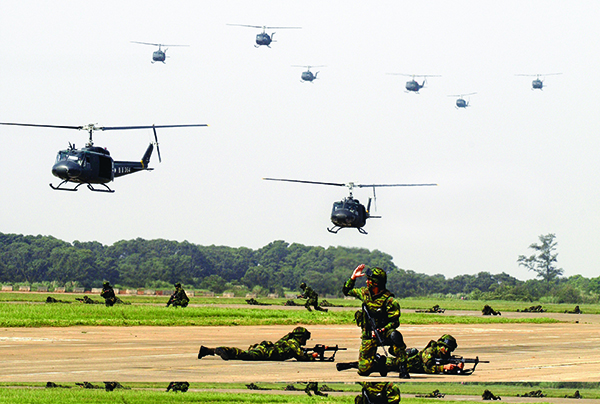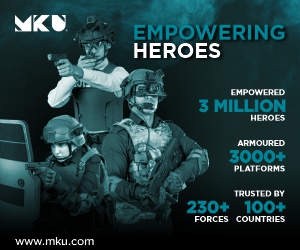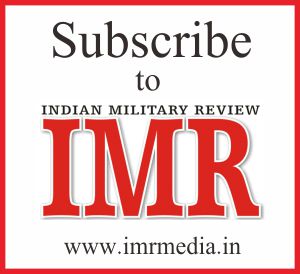Analysts have generally regarded four perspectives on the future of Taiwan, in view of the threat by China:
Status Quo Continuation. The status quo might persist due to the potential risks and consequences associated with a military conflict. Economic interdependence, global diplomatic pressure, and the uncertainty of the outcome could act as deterrents.
Incremental Escalation. Possibility exists of a gradual increase in tensions or provocative actions, such as military exercises, to test international responses. This incremental approach could allow China to assert influence over Taiwan without a full-scale invasion.
Diplomatic Solution. There is little chance of a diplomatic resolution to the Taiwan issue. International mediation and negotiations could potentially address the concerns of both sides and prevent a military conflict. Diplomatic efforts would likely involve key stakeholders such as the United States and other regional powers.
Military Invasion. While significant risks are involved, shifts in China’s internal politics, nationalist sentiments, or perceived threats to the Chinese Communist Party’s legitimacy could contribute to a more aggressive stance.
All of the conditions that China may consider for undertaking the military invasion of Taiwan are developing fast:
Strategic Calculations. China may consider the global strategic environment and assess whether geopolitical dynamics, regional power balances, or the perceived interests of major powers might provide an opportune moment for an invasion. Changes in the global balance of power could influence China’s calculations.
Internal Stability and Nationalism. While the internal political environment in China is not really stable, if the Chinese government faces domestic challenges, it might use nationalism as a unifying force.
Perceived Weakness of the International Community. China may assess the willingness and capacity of the international community, particularly the United States and its allies, to respond effectively to a military intervention. A perception of disunity, indecision, or reluctance among key players could potentially embolden China.
Economic and Technological Advancements. China’s economic and technological advancements have contributed to its military capabilities, impacting its confidence in successfully executing a military campaign. Advances in areas such as cyber capabilities, space technology, and naval power are important factors.
Information Warfare and Perception Management. China is in a position to employ information warfare and strategic communication to shape international perceptions, control the narrative, and justify its actions.
We at IMR consider that the time is opportune for China to undertake military action and seek the reunification of Taiwan, in that the conditions today can minimize opposition, maximize the chances of success, and reduce the potential risks.
The war in Ukraine and Gaza, couple with developments in the Middle East, are significant global distractions that have diverted the attention of major powers, particularly the United States and its allies, and reduced their capacity or willingness to respond promptly to a Taiwan crisis.
As of September 2023, nearly half of Taiwanese say they prefer independence (48.9%) for the island, while 26.9% seek a continuation of the status quo. 11.8% say they hope for future reunification.
China perceives U.S. power has declined and it is less committed to its security commitments in the region.
We have conjured up a scenario of the invasion of Taiwan in 2024 and how it unfolds is covered in this issue.



















